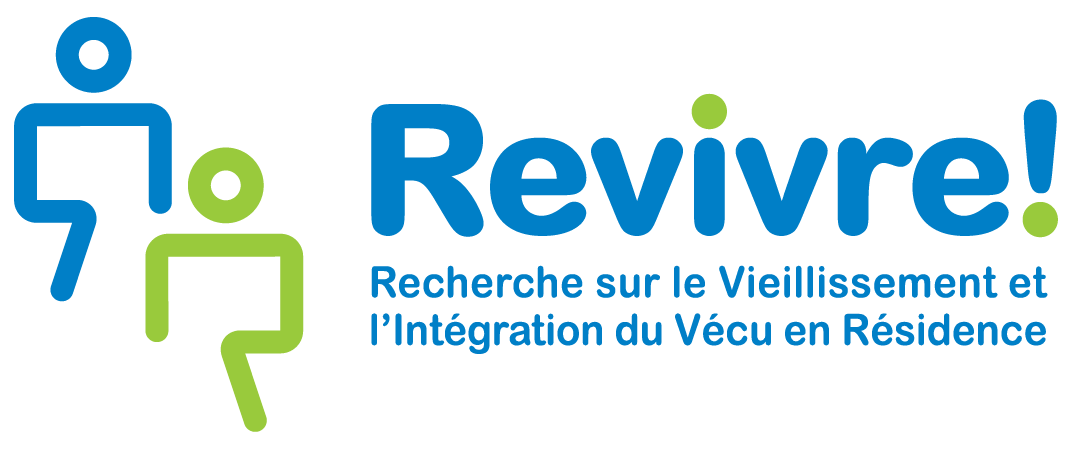Living in a long term care (LTC) home is often socially isolating for both residents and caregivers. In fact, for residents, social disengagement has been associated with increased rates of depression, behaviours and mortality. This is further complicated for residents who speak minority languages, such as is the case for Francophones living in Ontario. Since good communication is essential to social interaction and health care, the shortage of staff in LTC settings has an even greater impact on older francophone individuals who, in addition to receiving care in a majority language, are experiencing cognitive or communication problems. Caregivers are also at an increased risk of depression and physical ailments even after their loved ones have moved into LTC as their sense of direct and indirect responsibility continues despite their loved one no longer living in their home. Likewise, staff experience these difficulties as they struggle to offer resident-centred care with limited resources and increasing numbers of residents with complex needs. Given the increased prevalence of dementia, policy makers, families, clinicians, administrators, researchers and residents are all convinced that there are better solutions to make LTC homes a place where residents and staff are safe, where relationships are developed and where residents can have something meaningful to do, despite their functional limitations (Baines & Armstrong, 2016)
The REVIVRE project was developed with the intent to offer a person-centred volunteer program within LTC homes where residents can engage in one-on-one meaningful interactions with university or high school students. The program addresses communication challenges experienced by official language minority residents (i.e. Francophones in Ontario) directly by having trained French speaking students volunteer in LTC homes. While the volunteer program was designed originally for use with minority language populations, all LTC homes can benefit greatly from the support given through continuous volunteer help.
The REVIVRE! program model involves three main parts: Care (delivery at the LTC site), Education (of student volunteers) and Quality of Life (improvements for residents and caregivers). The program functioned as follows: Each consenting resident (and caregiver) was matched with two trained volunteers at a participating LTC site. Volunteers visited the resident twice a week for 3 hours, for a total of 18 months, with the following outcomes in mind:
- Increased motivation of volunteers to pursue a health career working with older adults in official minority language communities.
- Improved quality of life, increased social engagement, decreased number of responsive behaviours and decreased uptake of medication in residents.
- Increased LTC staff work satisfaction because of the extra help provided by volunteers
- Increased access to receiving care in a minority language when in a majority language context.
Sixty-three students from 17 to 28 years took part in the project (11 men and 52 women). The majority were studying in Health Sciences. Half used French as their primary language and the other half used English. Twenty-seven residents
Team leaders
- Linda Garcia
- Annie Robitaille
Team members
-
Lynn McCleary
-
Martin Bilodeau
-
Mary Egan
-
Geneviève Lemay
-
Jacinthe Savard
Partners
-
Peter D. Clark Centre
-
Centre d’Accueil Champlain
-
Élisabeth Bruyère Residence
-
Montfort Long-Term Care Centre
-
The Eldercare Foundation
-
The Dementia Society of Ottawa and Renfrew County
-
French Language Health Services Network of Eastern Ontario
Funders
-
Health Canada within program “Roadmap for Canada’s Official Languages 2013-2018: Education, Immigration, Communities

